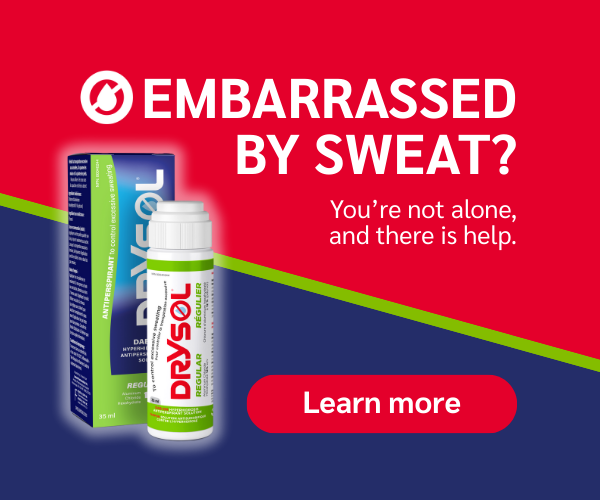-
There are several reasons to make mouthwash part of your oral hygiene routine. Mouthwash can help get your teeth cleaner and whiter. Using a mouthwash or rinse can help prevent or reduce tartar, plaque, and gingivitis (early-stage gum disease). Some mouth rinses also contain ingredients to help whiten teeth.
-
Tooth grinding and jaw clenching during sleep is called bruxism. Find out the damage all this gnashing can do to your teeth and your sleep patterns.
-
What are canker sores? Canker sores are ulcers that commonly occur inside the cheeks, inside the lips, on the tongue, and on the soft palate (back of the mouth). An ulcer is an open sore inside the mouth, which is painful and inflamed. The condition is referred to as recurrent aphthous stomatitis (RAS) and is characterized by recurrent ulcers in an otherwise healthy individual.
-
What is periodontal disease? Periodontal means "around the tooth," so these are diseases that affect the gum and the bone structure that holds the tooth. Periodontal disease can occur when the naturally occurring bacteria in the mouth are not kept in check with proper brushing and oral hygiene. Bacteria live in plaque, the film that constantly coats teeth.
-
The primary cause of periodontal disease is poor dental hygiene that leads to excessive buildup of plaque. However, there are other factors that can affect the health of teeth and gums. Smoking and tobacco use In addition to causing other serious health problems, smoking or tobacco use can significantly affect gums and lead to periodontal disease.
-
Proper brushing and flossing will help prevent periodontal disease. However, once calculus has formed on the teeth, especially below the gum line, it must be removed to prevent any further possible damage to the tissue and bone. This is done by a dental professional. The calculus or tartar buildup is scraped away to leave a smoother surface.
-
Why have a root canal? A root canal, also called endodontic treatment, is a common and safe procedure to treat an infection in the pulp of the tooth. Years ago, damaged and diseased teeth were removed. But the advent of modern dental techniques has enabled dentists to save and repair damaged teeth through root canal treatment.
-
Tobacco exposure, whether in the form of chewing tobacco or smoking cigarettes, pipes, or cigars, greatly increases your risk of getting mouth cancer and other mouth diseases. In fact, people who smoke cigarettes are about 5 to 10 times more likely to get mouth (oral) cancer compared to non-smokers.
-
TMJ is the abbreviation used to represent the jaw joint.It stands for temporomandibular joint. TMJ is an anatomical term but is often used to refer to any problem with this joint or the associated jaw muscles. Dentists will generally use the term temporomandibular disorders (TMD) to refer to abnormalities that affect the TMJ or the associated jaw muscles.
-
Intraoral appliances include splints, orthotics, orthopedic appliances, bite guards, nightguards, and bruxing guards. They are used in TMD treatment, and fitted by dentists using many designs and materials. General dentists and dental specialists commonly use appliance therapy. The most common reasons advocated for appliance therapy are to provide joint stabilization, protect the teeth, redistribute forces on the jaw, relax jaw-closing muscles, and decrease the effects of tooth grinding.
-
Why do we have wisdom teeth? What happens if a wisdom tooth becomes impacted? When do they need to be removed? And what can you expect if you're scheduled to have your wisdom teeth extracted?
Additional Resources

